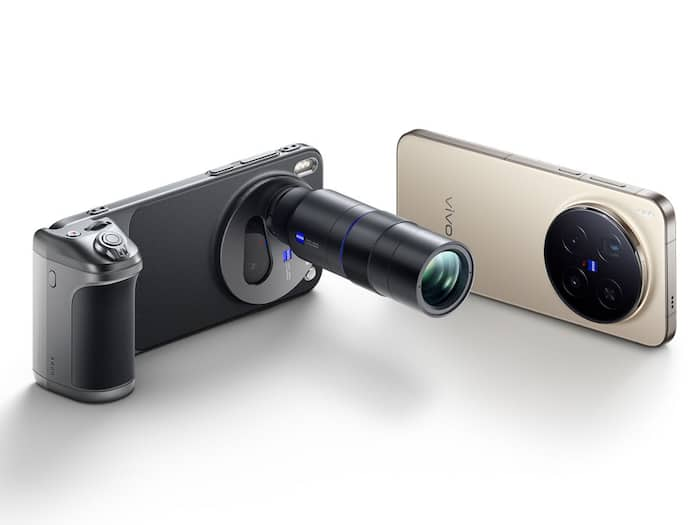
Written By Divya
Edited By: Divya | Published By: Divya | Published: Nov 20, 2025, 01:30 PM (IST)

Also Read: 7 best smartphones under Rs 25,000 in 2026
Vivo X300 series, including the standard and the X300 Pro, is all set to launch in India on December 2nd. This comes after its official unveiling in China back on October 13th. Thanks to the China launch, we have an idea what these premium phones may offer on the table. But the price in India is something which is still a matter of discussion. Some earlier reports say that it may get a price hike over its predecessor. Also Read: Vivo X300 Ultra leak hints at 7000mAh battery, 200MP cameras, and India launch
However, to put the speculations to rest, a tipster, Abhishekh Yadav, has revealed the expected price for the Vivo X300 and the Vivo X300 Pro. Here is what we know so far.
As per the sources of the tipster, the Vivo X300 is expected to come at a starting price of Rs 75,999 for the 12GB RAM and 256GB storage variant, which is a massive price hike considering that the Vivo X200 was launched at Rs 65,999 for the same storage variant. Apart from this, the other variants could be priced at:
12GB + 512GB – Rs 81,999
16GB + 512GB – Rs 85,999
Talking about the flagship Vivo X300 Pro, it may come in a single 16GB RAM and 512GB storage at Rs 1,09,999. And here again, the X300 Pro may also get a massive price hike if the leak turns out to be true. On the other hand, the previous generation X200 Pro was launched at Rs 94,999 for the 16GB + 512GB storage model.
Not only smartphones, the tipster has also suggested that the Vivo X300 series teleconverter or photography kit may cost Rs 19,999.
However, Vivo is not the only brand which is on the verge of getting a price hike, as the latest flagship OnePlus 15, and the Oppo Find X9 series, also got a price jump from their predecessors. And even the upcoming iQOO 15 is also rumoured to get a price hike.
While there is no official word from the tech giants that why these models are getting a price hike, however, some industry experts say that this could be due to the rising demand for AI chipsets and basic memory chipsets.